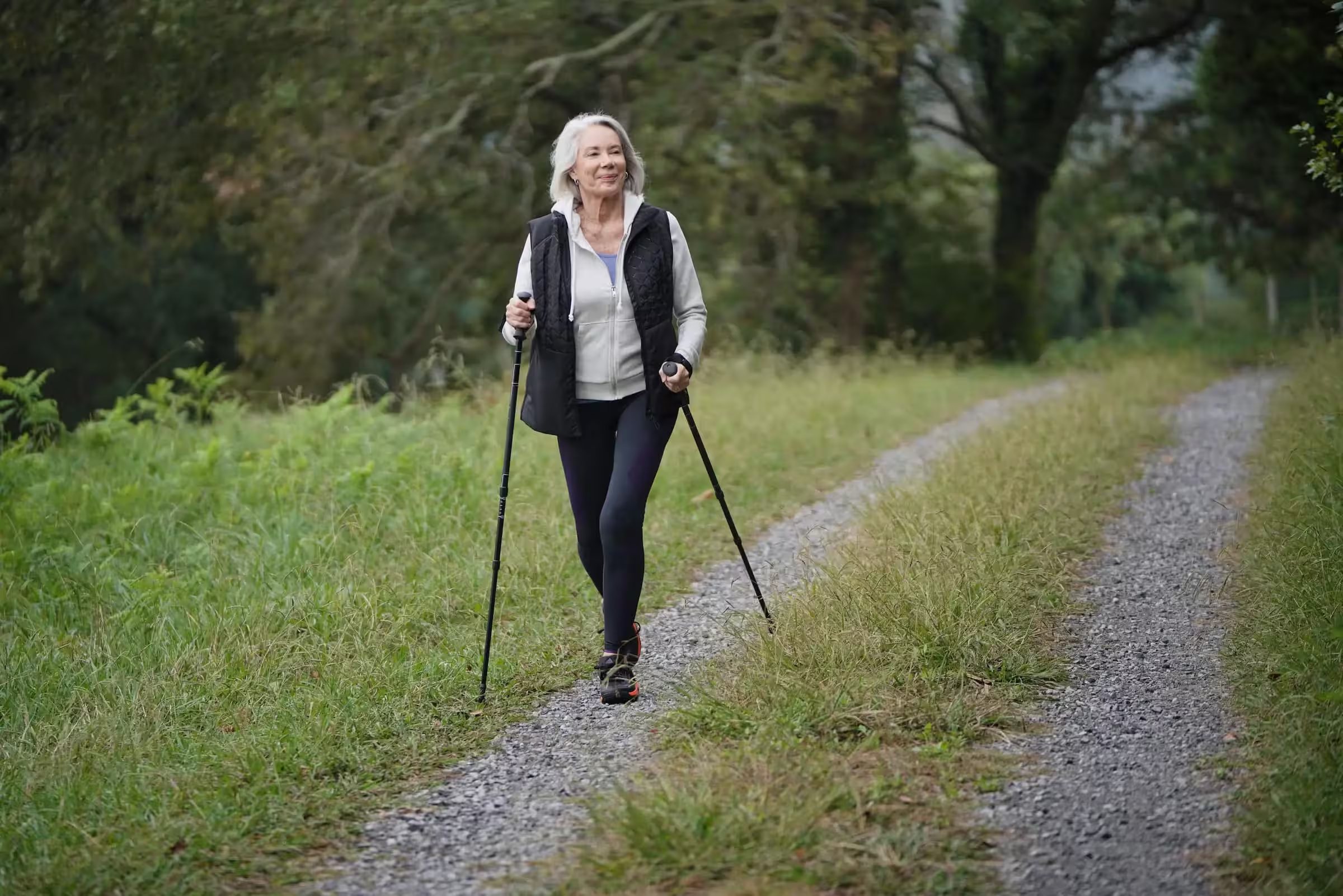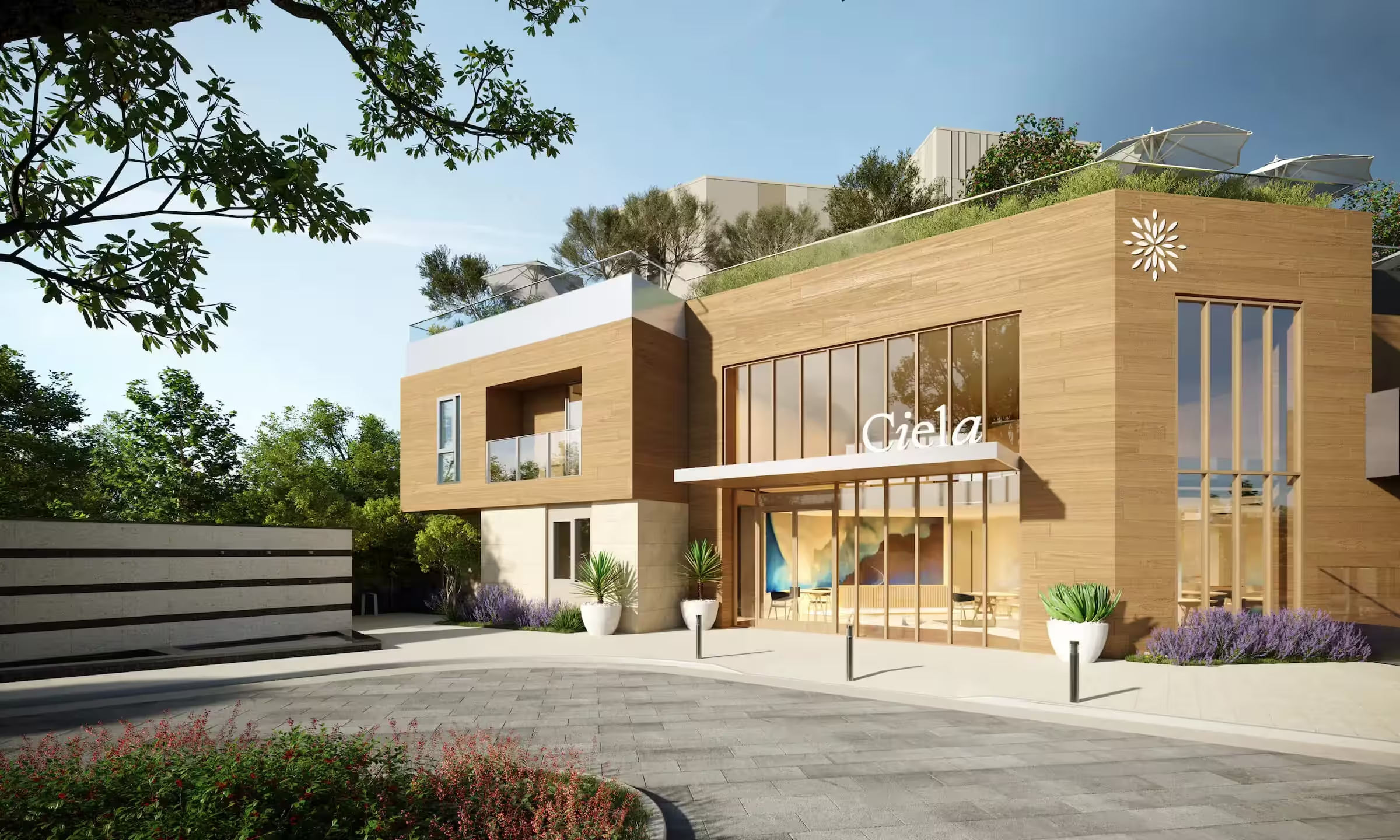Dementia is a complex condition that affects cognitive abilities, including memory, reasoning, and communication. Over time, individuals who have it progress through distinct stages; each presents challenges and behaviors that impact their daily living.
A family member’s dementia diagnosis can feel earth-shattering but know that you are not alone. Ciela in Pacific Palisades offers best-in-class memory care services along with a Parkinson’s care program, optimizing health through lifestyle, nutrition, and exercise.
Our team members understand the challenges and emotional impact that families face when dealing with dementia and support them through the different stages.
There are two ways of classifying dementia stages, so let’s go through each one carefully.
Early, Middle, and Late Stages of Dementia
These are broken down as follows:
- Early Stage of Dementia: In this stage, individuals may experience mild memory loss and slight difficulty in verbal communication. Daily tasks like managing finances or remembering names can become challenging. They tend to misplace items and struggle to find the right words.
Family members might notice subtle changes and want to schedule a healthcare consultation. - Middle Stage of Dementia: As dementia progresses to the middle stage, symptoms become more pronounced. Memory loss intensifies, leading to confusion about time or place. Loved ones may exhibit mood swings and become easily frustrated. They could need assistance with daily activities, like dressing and personal hygiene.
- Late Stage of Dementia: In the late stages, cognitive impairment is severe, and individuals often struggle to communicate effectively. They may not recognize loved ones or might seem lost in their surroundings. Physical abilities decline, frequently requiring full assistance with personal care.
The second staging classification has seven parts.
The Seven Stages of Dementia
Stage 1: No Cognitive Decline
This is extremely mild and relatively undetectable. Much of the time, family members and friends don’t detect signs of memory loss or other declining cognitive functions.
Stage 2: Very Mild Cognitive Decline
Here is when we see slow cognitive decline begin. Symptoms include:
- Forgetfulness.
- Struggling to find the right words.
- Other behaviors that seem age-related.
Stage 3: Mild Cognitive Decline
The cognitive decline becomes more apparent to the person experiencing symptoms and others. There is a mild impact on their quality of life.
- Difficulty focusing on everyday tasks.
- Decreased work performance.
- Difficulty speaking.
- Not being able to pay attention.
Stage 4: Early-Stage, Moderate Decline Dementia
Also classified as early dementia, Stage 4 marks the start of moderate cognitive decline.
- Losing track of time and place.
- Withdrawing from family and friends.
- Fear of being alone, traveling, trying new places/things.
- Obvious signs of forgetfulness.
- Difficulty concentrating.
- Difficulty in social situations.
- Difficulty managing finances.
Stage 5: Mid-Stage, Moderately Severe Dementia
We see more apparent symptoms in Stage 5, with individuals requiring full-time assistance to complete daily living activities. This is when many families start considering a move to a memory care community.
- Changes in eating habits.
- Difficulty speaking.
- Unable to get dressed or use the bathroom without help.
- Significant personality changes.
- Delusions, like thinking a daughter is their mother.
- Lack of awareness of experiences.
- Wandering off and/or getting lost.
- Insomnia.
Stage 6: Mid-Stage, Severe Dementia
In Stage 6, the symptoms of “middle dementia” worsen.
- Cannot recall recent events.
- Forgets close friends and family names.
- More intense personality changes.
- More frequent delusions.
- Frequent agitation or anxiety.
- Lose bladder control.
- Significant problems communicating.
Stage 7: Late-Stage, Very Severe Dementia
Stage 7 is considered “late dementia.” These individuals require 24/7 care.
- Cannot walk, sit, get dressed, or use the toilet without help.
- Disoriented most of the time.
- Lose the ability to speak, eat, or swallow.
- Loss of muscle, bladder, and bowel control.
- No language skills.
- Cannot recognize family members.
- May be confined to a bed or wheelchair.
Keep trying to connect with your loved one through all of the stages. If they can’t communicate, they can still benefit from listening to music or read-aloud stories; always interact with patience and compassion.
What are the advanced stages of Alzheimer’s like?
Alzheimer’s is a form of dementia with a specific progression that overlaps with general dementia stages. In its advanced stages, individuals often lose the ability to respond to their environment or carry on conversations. Physical changes occur, like difficulty walking or swallowing.
Caregivers are known to face significant emotional strain as their loved ones show limited recognition and engagement.
What stage of dementia is not sleeping?
Sleep disturbances can emerge as dementia progresses. This is not uncommon, particularly in the later stages. Family members should be aware that restlessness, insomnia, or wandering at night can signal significant changes in cognitive health. Another sleep disturbance symptom is excessive daytime napping.
How is dementia measured in clinical settings?
Understanding how dementia is measured helps families grasp their loved one’s condition. The Dementia Fast Scale is a tool that captures cognitive decline over time, providing insights into the condition’s progression. Regular assessments allow medical professionals and family members to adjust their strategies.
A memory test for dementia has different sections, focusing on recall abilities, problem-solving skills, and daily functioning. These evaluations clarify where an individual falls on the cognitive spectrum. That allows for more tailored and effective intervention strategies.
Introducing Ciela in Pacific Palisades
Located in Pacific Palisades, Ciela offers specialized memory care services that support seniors living with Alzheimer’s and other forms of dementia, as well as their families. Our caring team understands the nuances at every stage of dementia, from the initial signs of memory loss to the advanced stages of Alzheimer's.
The Ciela memory care community features structured programs and activities that meaningfully engage residents, promoting social interaction and cognitive health.
Our compassionate team members are trained in the specific needs of seniors suffering from memory loss.
We also present these benefits:
- Strategically designed, open floor plans for protected, free movement.
- Circadian lighting system that helps regulate residents’ sleep and mood.
- Walking loop open to spontaneous exercise.
- Dedicated, comfortably furnished memory floors with fully enclosed green spaces.
- Gardening and outdoor programming.
- Art & music therapy.
By maintaining a community-focused environment, our luxurious memory care setting encourages seniors to flourish despite cognitive challenges.
Families appreciate the transparency and ongoing communication with care providers for strong partnerships that prioritize their loved one’s needs.


.svg)










